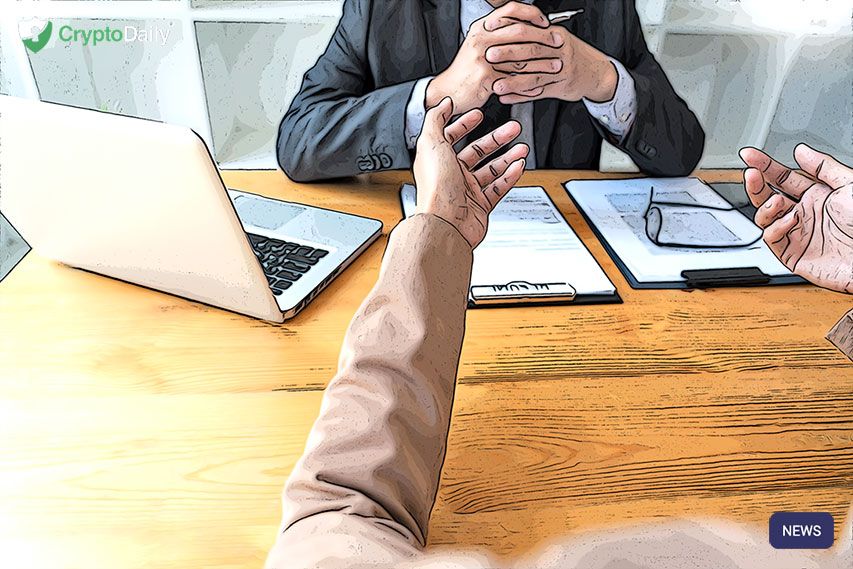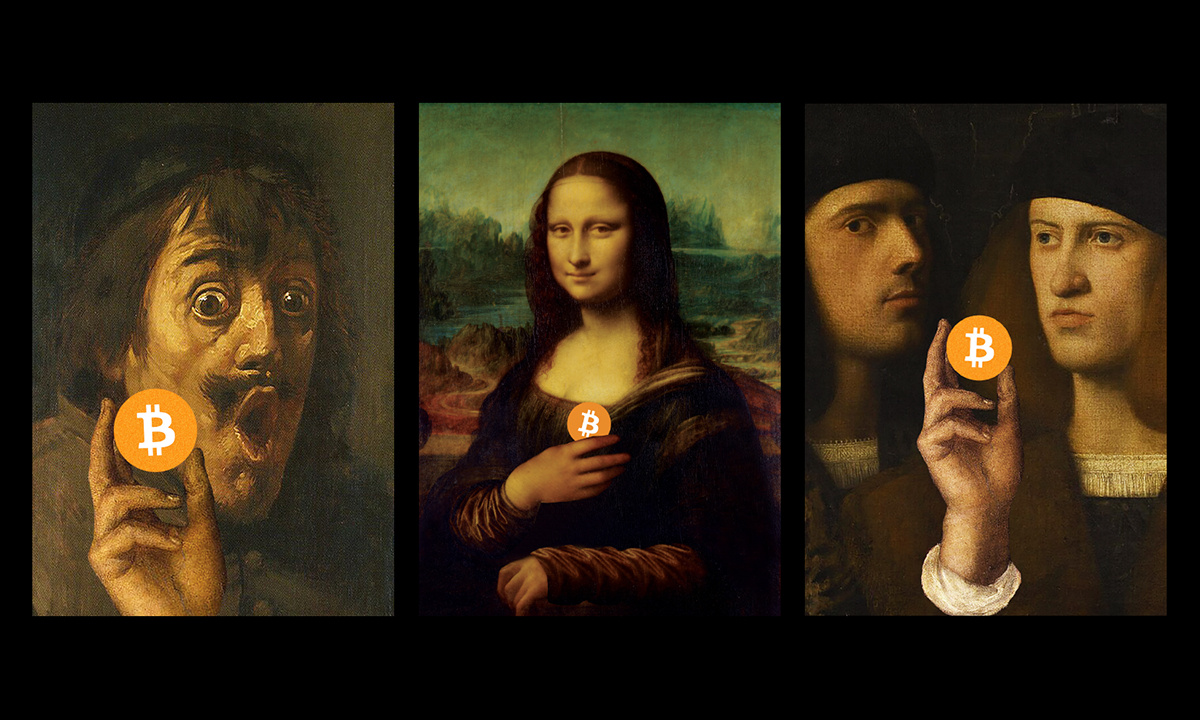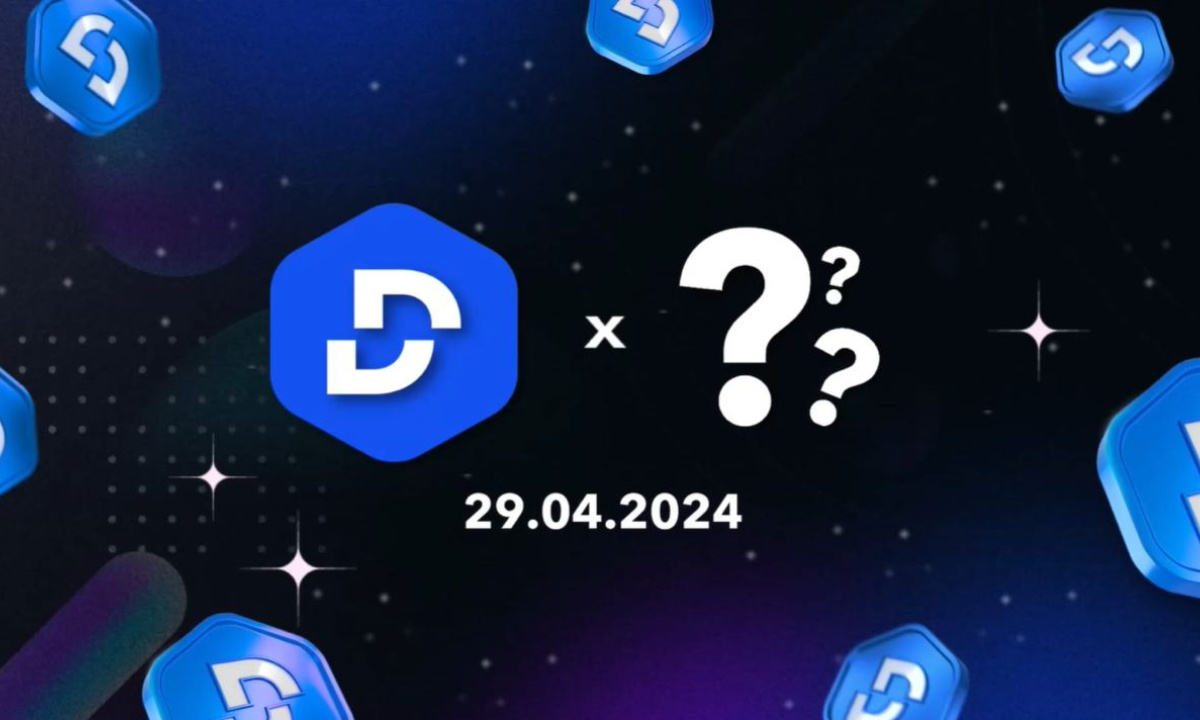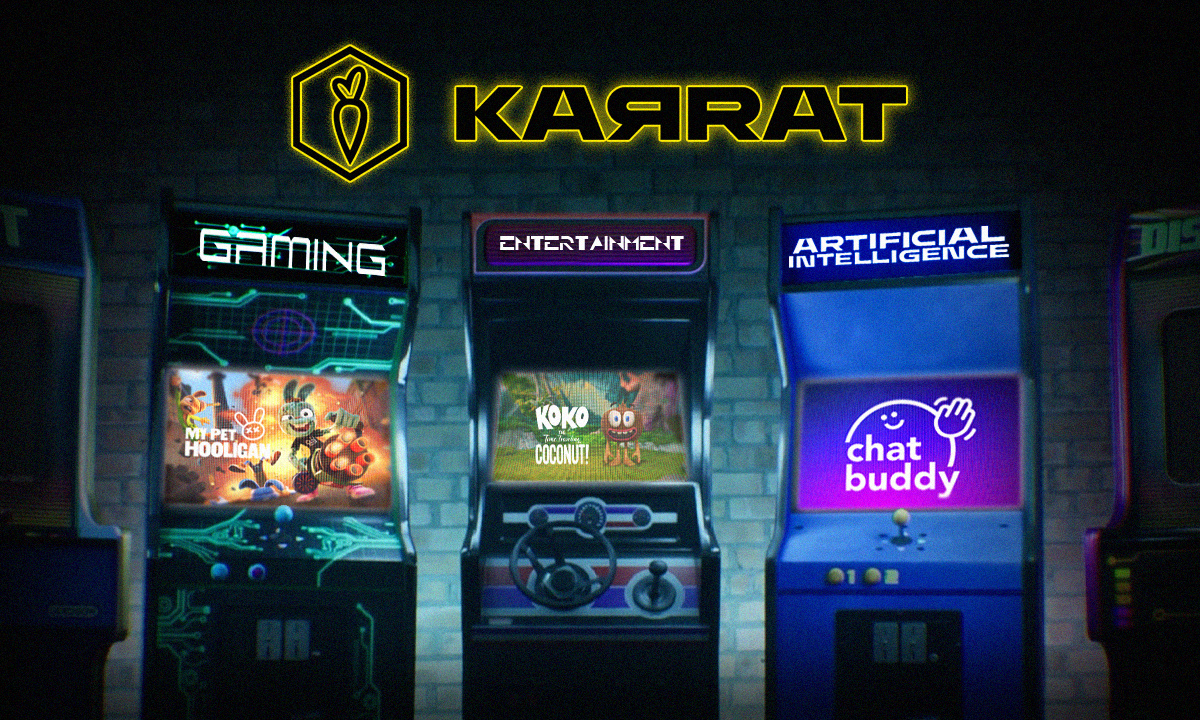Table of Contents
Why Blockchain..
Your up and coming book “Basic Blockchain” basically describes the Blockchain Basics and foundations in the first part its impact on Industries in the 2nd part and some interesting implications for our community and society in the 3rd part and talk about the potential of blockchain. Have we reached a pivotal point? Or are we still “through the looking glass”
I was inspired to write Basic Blockchain because I believe we are at that pivotal moment: we are just now, in 2020, at a transition point. In 2019 people began making the first tentative steps from POC to commercial deployment. I am seeing increasing momentum towards scale-up in 2020, but I want to emphasize that these are still relatively early days in the maturation of this technology. The book takes you on a tour of an array of use case areas, on the one hand, and structural opportunities, on the other, because I want to open up a reader’s thinking as to why blockchain matters, not just what it is and what it does. A recurring issue I have found is that even a decade into the blockchain revolution, there are large numbers of business executives who can’t understand it or why they should care about it. Basic Blockchain seeks to address that in an easily-digestible format, while at the same time provide inspiration for the innovators currently working in the field.
You mention immediate challenges like scaling, computing power and governance can you elaborate on this..
Blockchain is computationally expensive, needing a great deal of resources to perform any meaningful amount of work. This is why, as more people buy and sell bitcoin (for example), the confirmation time complete a bitcoin transaction varies from minutes to hours (and possibly days, at peak, depending on what mining fee is set). This means your transaction can take hours, instead of less than a second for a credit card payment.
The computational power is invested in security and transparency, essentially – bedrocks of why people trust bitcoin. Today’s systems are only capable of calculating so much, which limits the speed of a given blockchain protocol as it tries to process more and more transactions. Bear in mind the big payment networks like Visa and Mastercard push through hundreds of millions of transactions a day, processing tens of thousands of transactions per second. Paypal processed more than 10 billion transactions last year. For something like bitcoin to completely replace one of them, it would need to support that kind of volume, which it can’t today. However, as computing power continues to increase, brute force may help solve this problem on the one hand, and better algorithms will help on the other (noting that there are protocols who claim 300,000 transactions per second or more, at least at small scale).
Which leads us to the governance issue… if we want to change elements of the protocol, in order to make it run faster and scale better (for instance), a large group of fractious individuals needs to accept the change. When groups of miners and core developers disagree, you get outcomes like the bitcoin “fork” where we wound up with two different flavors of bitcoin, two different protocols: bitcoin cash and bitcoin core. One element that makes blockchain powerful is that many protocols are open source, and benefit from hundreds or thousands of minds working on improving the protocol. However, the downside of this lies in the area of adopting change, because it can require coordinating activity of large numbers of people when you have a distributed governance model. Protocols other than bitcoin sometimes use other open source governance models and this enables them to change faster.
Governance isn’t only a limitation. Governance, as a meta concept, also provides for some fairly unique opportunities, which I talk about in the later chapters of the book. What if we take the coordinating capability of blockchain, and apply it to how we run companies or governments? Some people are starting to think about this and it could unlock the potential of the “collective intelligence” of large groups of people to solve really big, like society-scale, problems.
You also mention trend of democratizing financing through ICO’s is that still the case, are we in for an upgrade.. And or are we ready for a paradigm/ revolution to tokenize the world?
One of the exciting ideas coming out of blockchain is the ability to finance innovative projects that aren’t based in Silicon Valley or Shanghai. Governments are starting to put in place regulations that accommodate or encourage this. From Singapore to Switzerland, we’re seeing open doors in the halls of State buildings. The EU, for example, has been looking seriously at this as a means of bridging the financing gap that its small and medium sized enterprises face. When I look at the EU venture market today, I see a “Valley of Death” – it’s possible to get grant and investor funding of a few hundred thousand euros up to a few million euros, and there’s a robust private equity market above 50 million euros, but trying to raise 10 million or 20 million euro of Series B funding? Very difficult. 70% of company finance in the Eurozone is bank loans, and by their very conservative nature banks are not well suited to underwriting innovative companies. Token offers can help bridge this gap where a project is funded on the merits of its ideas versus the social ties of its founders to a select group of individuals. It’s really crowdfunding 2.0.
Keep it with CryptoDaily as Part 2 of this interview will be out soon!
Investment Disclaimer








